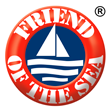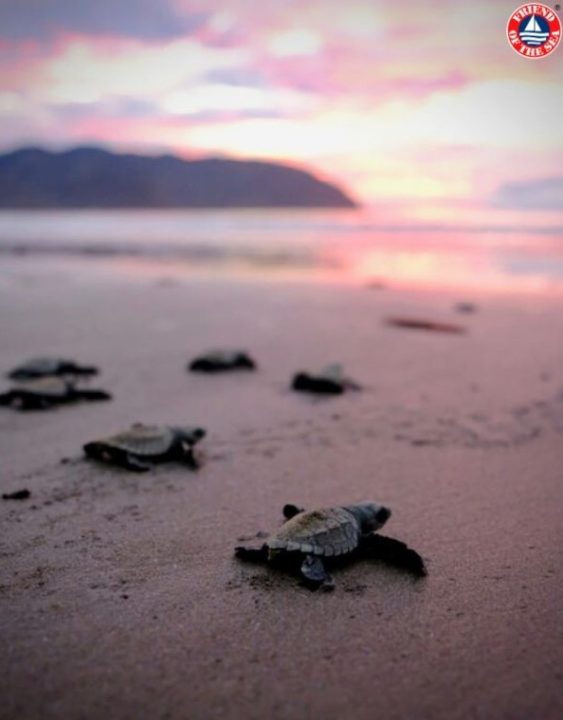Global certification standards body provides guidelines for sustainable observation of a wide range of sea turtle species
Friend of the Sea, the preeminent global certification standard for products and services that respect and protect the marine environment, today announced the debut of the standard for sustainable sea turtle watching. The standard makes it possible for people to experience sea turtles up close without harming them or their habitats. The sea turtle watching standard is the latest in a series of such standards from Friend of the Sea’s, including certifications for watching dolphins, whales, whale sharks and manta rays.
“Sea turtles are adorable, and indeed we’ve seen them turned into lovable movie characters and the like, so people feel as if they can have a personal relationship with these creatures,” said Paolo Bray, Director of Friend of the Sea. “This is great, up to a point. The sea turtle’s high profile helps with awareness and conservation, but their popularity requires us to be extra respectful of their habitats. This standard offers some rules on ways we can enjoy sea turtles and learn about them without causing any harm.”
Sea turtles, like crocodiles and snakes, are reptiles that have existed for over 150 million years—a period that spans the rise and fall of the dinosaurs. They have adapted to live in the oceans, spending about 96% of their lives at sea. Seven sea turtle species predominate: Leatherback seaturtle (Dermochelys coriacea); Loggerhead sea turtle (Caretta caretta); Green sea turtle (Chelonia mydas) Hawksbill sea turtle (Eretmochelys imbricata); Olive Ridley sea turtle (Lepidochelys olivacea); Flatback sea turtle (Natator depressus); and, Kemp’s Ridley sea turtle (Lepidochelys kempii).
The standard covers a variety of interactions with sea turtles, including swimming with the species, watching females laying their eggs at the beach and observing sea turtle eggs hatch. Friend of the Sea has established rules of conduct that aim to protect sea turtles. They are applicable to tour operators who want to be responsible and protect the species.
The goal of the standard is to minimise unintentional disturbance of habitats. Specifically, participants on sea turtle watching tours may not touch the sea turtles. They must maintain a minimum distance as well. Scientific data collection is encouraged. The standard includes training for tour operator crews on how to teach guests to swim with the turtles. Single-use plastics are banned on tour vessels.
Operators can apply confidentially to be accredited for the standard. The certificationis voluntary and not mandatory to gain access to markets. The application process is not discriminatory based on the size, scale, management and minimum number of operators.
The application is available online at:
https://friendofthesea.org/marine-conservation-projects-and-awareness/sea-turtle-watching/




